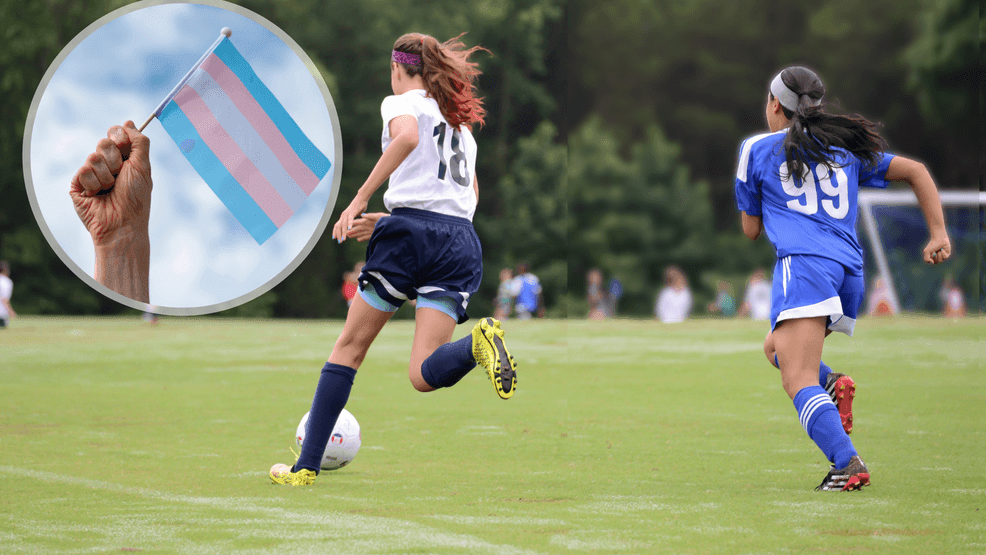Let’s Go Washington, a group that regularly puts together initiatives for the Legislature, is collecting signatures for two new ones ahead of the 2026 session.
How do Initiatives to the Legislature work?
To put a proposed law change in front of lawmakers, an individual or group must draft it, then collect at least 308,911 valid signatures by January 2. Once the initiative reaches the Washington Statehouse, however, that does not guarantee action. There are three paths forward:
The legislature can hear the initiative, like a normal bill, and ultimately pass it without putting the issue on a ballot. The legislature might reject or not take any action at all on the initiative, in which case, it will be placed on the ballot for the next state general election. In this case, it would be November 2026. Lawmakers can approve an alternative to the proposed initiative. In that case, both the original proposal and the legislature’s approved version are placed on the ballot, again, at the next general election.
What is the ‘Protecting Fairness in Girls’ Sports’ proposal?
IL26-638, or the “Protecting Fairness in Girls’ Sports” proposal, if enacted, would prohibit transgender girls from playing on teams that align with their gender identity. Students who want to play on a gendered sports team must have a physical, as already required by the state, that proves their biological sex.
RELATED | Proposals to ban transgender student-athletes from girls’ sports in Washington fail
“I think it’s just another example of trying to find ways to leave out, particularly our trans youth, from participating in the full range of school experiences,” Representative Monica Stonier (D-Vancouver) said.
Brian Heywood is the founder of Let’s Go Washington. He said there is no animus in this proposal; rather, he calls it an issue of fairness.
“You’re branded a bigot [for supporting this act]. If a biological male was competing in a girls’ sport five years ago, that would’ve been such a ludicrous idea,” Heywood said. “I think that there’s an enormous fairness issue, and to pretend otherwise is simply disassociating oneself from reality and from science.”
Heywood said he believes this is an issue that Washingtonians from all over the political spectrum will get behind. Heywood said “mediocre males” should not be able to “destroy girls’ records.” He points to a track and field championship in Spokane earlier this year.
“We’ve already seen biological males on the top of the podium taking spots away from girls. There are safety issues, there are fairness issues,” Heywood said. “It’s really the destruction of women’s sports, and women should be allowed a space where it is only women’s sports. It’s the whole reason for Title IX.”
But Stonier points out that it is only a handful of young athletes in the state who are transgender. There are an estimated five to ten transgender athletes participating in school sports across the state.
“It’s very clear to me what’s happening here. This is an anti LGBTQ, anti-everything in the way that the far right has been operating for a while,” Stonier said.
What is the “Parents’ Bill of Rights” proposal?
IL26-001 would restore parts of the already passed “Parents’ Bill of Rights.”
Here’s a timeline of events:
During the 2024 session, I-2081 was passed by the legislature, which was the original Parents’ Bill of Rights. During the 2025 session, House Bill 1296 was passed and later signed into law. Opponents of the bill say it claws back much of what was passed in 2024. Now, Let’s Go Washington is bringing forward a new act to try and restore what they claim was stripped as part of HB 1296.
Stonier was the primary sponsor of HB 1296, and she said the claim that it completely diminishes parents’ rights is “wholly inaccurate.”
“Either [Heywood] hasn’t read the bill or he’s not interested in sticking to the facts,” Stonier said. “Anything that goes into a school record continues to be subject to parental perusal; that has not changed.”
Stonier said instead, her bill, now law, expanded parental rights “to parents left out of the initial initiative,” like immigrant parents and parents with students who need accommodations for learning. She said her bill also clarifies student rights.
“A student should have the right to a historically accurate and scientifically accurate curriculum and a learning environment where they are free from bullying and intimidation,” she said.
SEE ALSO | WA lawmakers propose changes to Parents’ Bill of Rights for gender inclusivity in schools
But Heywood said he believes the initial initiative was passed by the legislature with the intent to change it from the start.
“Part of the democratic process was they voted to implement it with a ‘wink, wink, we’ll change it in the next session when hopefully no one is looking,'” he said.
Heywood said he believes that rolling back this initiative is ignoring the will of the more than 400,000 Washington residents who signed the petition for the legislature to act on this topic in the first place. He said one point of contention is that state law allows schools to remain in compliance by notifying parents of sexual harassment between a teacher and student, for example, 48 hours later.
“I don’t know how they can, with a straight face, even pretend that this does anything,” he said.
“This 48-hour notification policy was one that was supported bi-partisanly, in both chambers, decades ago, because law enforcement weighed in on how long it would take to actually conduct an investigation to get to that point,” Stonier said. “When there is misconduct by an adult, a trusted adult in a school setting, and it is confirmed that a student has been a victim of that, parents are immediately notified.”
